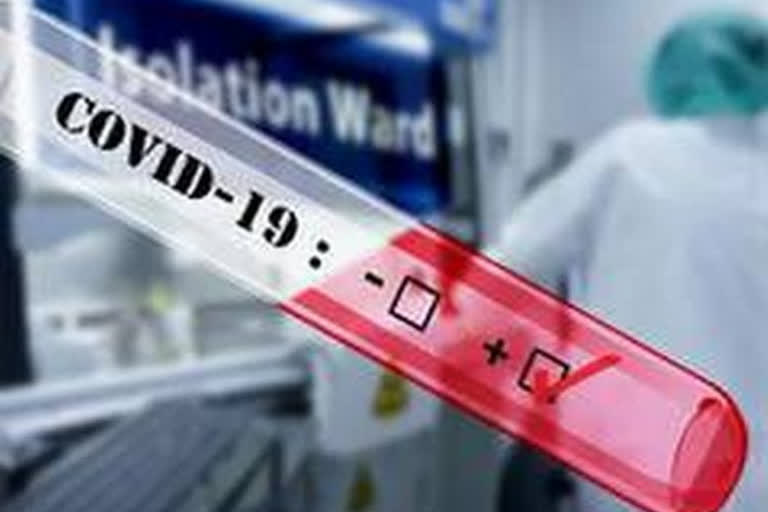New Delhi: A joint study conducted by All India Institute of Medical Science (AIIMS) and World Health Organisation (WHO) has revealed that SARS-CoV-2 sero-positivity rate among children was high and was comparable to the adult population. "It is unlikely that any future third wave by prevailing Covid19 variant would disproportionately affect children two years or older," the study said. Concern has been raised in India regarding the probable third wave of Covid19 where children and young age groups are thought to get affected the most.
"There is a lack of serological prevalence data in this age group. We have some interim data from our research for WHO unity protocol, which might help policymakers and the research community to answer such questions based on evidence. Hence, we conducted a study to compare the COVID -19 sero-positivity rate between children and adults," the study said.
This is part of an ongoing large multi-centric population-based seroepidemiological study. The study is being conducted in five selected states with a proposed total sample size of 10,000.
"We have data of 4,500 participants at the time of midterm analysis from four states of India. Total serum antibody against SARS-CoV-2 virus was assessed qualitatively by using a standard ELISA kit. Here we are reporting the interim data of serological prevalence among children aged between 2 to 17 years along with a comparison with 18-year old and above participants," the study said.
Also Read: Defence minister dedicates 12 border roads to the nation
The data collection period was from March 15 to June 10, 2021. Total available data was of 4,509 participants out of which below 18 years were 700 and above 18 years was 3,809. The site-wise number of available data among the 2-17 year age group were 92, 189, 165, 146 and 108 for the site of Delhi urban resettlement colony, Delhi rural (villages in Faridabad district under Delhi NCR), Bhubaneswar rural, Gorakhpur rural and Agartala rural area respectively.
"The seroprevalence was 55.7 percent in the below 18 years age group and 63.5 percent in the above 18 year age group. There was no statistically significant difference in prevalence between adults and children," the study said. In India, sero-prevalence among children and younger age groups were estimated as a part of a larger nationwide survey on adult age groups.
Also Read: South Western Railway extends services of festival special trains
"The second nationwide sero-prevalence study done in August-September 2020 had reported 9.0 percent seropositivity among 3,021 children aged 10-17 years. While in our study it is 60.3 percent. One hospital-based study in Chennai had reported 19.6 percent prevalence in the age group of 1 month to 17 years," the findings of the study said.
Also Read: Digital divide: Lockdown turns students into daily wagers



